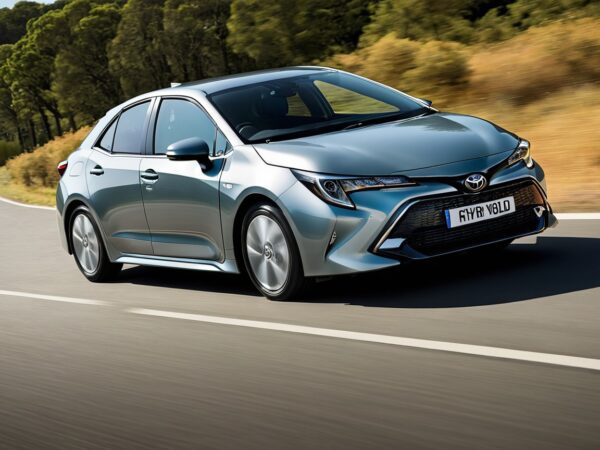Toyota hybrid system overheat

Toyota Hybrid System Overheating can occur due to a variety of reasons and typically involves components like the inverter, hybrid battery, or cooling systems. While Toyota’s hybrid systems are highly reliable, overheating is a critical issue that can lead to reduced performance, warning lights, or even system shutdown if not addressed.
🔥 Why Do Toyota Hybrid System Overheat?
1. Inverter Overheating
The inverter is the brain of the hybrid system—it converts DC from the battery to AC for the motor and vice versa. It also generates a lot of heat.
- Cause: Clogged or dirty inverter cooling pump, low coolant level, or air trapped in the system.
- Result: If it overheats, it can trigger the “Check Hybrid System” warning or even put the vehicle in limp mode.
2. Hybrid Battery Overheating
The high-voltage battery also needs to stay cool. Overheating can cause:
- Rapid degradation
- Cell imbalances
- Sudden loss of power
Typical causes include:
- Clogged or dirty cooling fan/duct (especially in hatchbacks like the Prius)
- High ambient temperatures
- Overuse of EV mode in hot climates
3. Engine or ICE Cooling System Failure
Even though the hybrid system relies on electricity, the internal combustion engine (ICE) still needs coolant. If it overheats:
- It can cause knocking, poor performance, or engine damage.
- It could also increase the burden on the hybrid system as it compensates.
🚨 Common Symptoms of Overheating in Toyota Hybrids
- Warning messages: “Check Hybrid System,” “Inverter Overheat,” or temperature gauge rising.
- Reduced power mode (limp mode)
- Hybrid system shutdown
- Fan noise from the back seat (battery fan working overtime)
- Burning smell or heat from the engine bay
🛠️ How to Prevent Hybrid System Overheating
✅ 1. Check Inverter Coolant
- Ensure coolant is at the correct level.
- Use only Toyota Super Long Life Coolant (pink).
- Replace coolant every 100,000 miles (or per manual).
✅ 2. Clean the Hybrid Battery Cooling Fan
Especially for older vehicles like the 2004–2015 Prius, clean the cooling fan and vent regularly:
- It’s often located under the rear seat or in the trunk area.
- Clogged vents from pet hair or dust are common culprits.
✅ 3. Inspect the Water Pumps
- The inverter water pump and engine water pump can fail silently.
- Look for leaks or listen for unusual noises.
✅ 4. Avoid Prolonged EV Mode in Hot Weather
- EV mode puts added strain on the battery and inverter, especially in traffic.
- Use A/C moderately and don’t overtax the system.
🧪 Diagnosing Overheating Issues
Scan Tools & Apps:
- Techstream: Toyota’s factory diagnostic software.
- OBD2 + Hybrid Assistant (Android): Monitors battery temps, fan speeds, inverter temps in real-time.
- Dr. Prius: Great for battery condition and temp monitoring.
💡 Example: 2010–2015 Prius Inverter Recall
Toyota issued a recall for certain Prius models due to inverter overheating and failure under heavy load. If the ECU fails to properly manage current, the inverter overheats and causes shutdowns.
- Solution: Toyota reprogrammed the inverter ECU logic.
- Check your VIN at: Toyota Safety Recall
🔗 Helpful Links
- 🔧 Toyota Prius Inverter Recall Info
- 📘 Toyota Tech Info – Official Repair Manuals (TIS)
- 📱 Hybrid Assistant App (Android)
- 🌐 Dr. Prius App for Battery & Temp Diagnosis
🛠 Pro Tip
If your hybrid system overheats once, it may temporarily recover—but repeated overheating can cause permanent damage, especially to the inverter ($2,000+ replacement) or battery pack. Address any issues early, especially in hot climates or stop-start driving.


